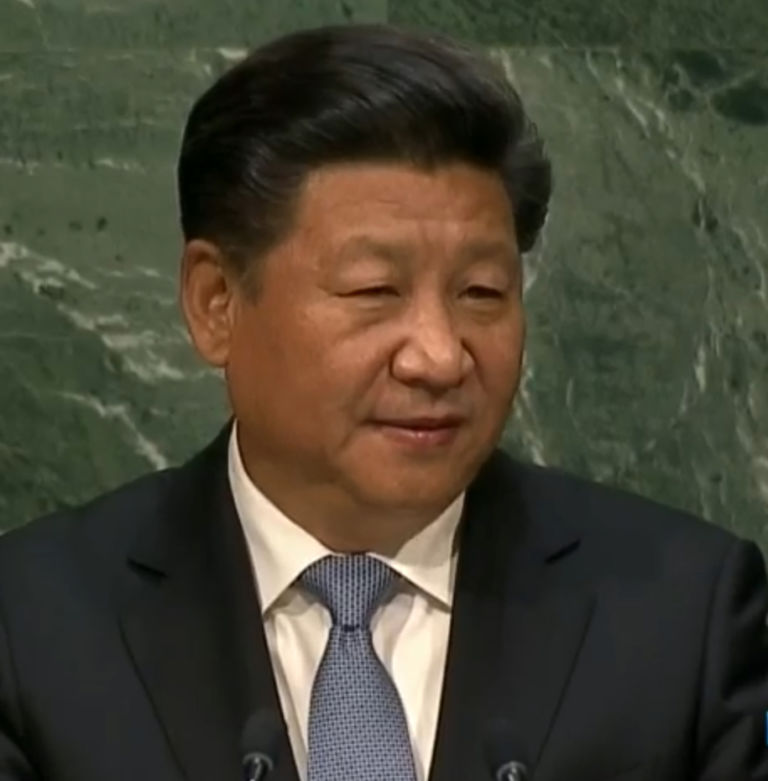Victor Davis Hanson argues in his latest National Review Online column that President Obama’s reliance on rhetoric alone does not bode well for future dealings with Russia and China.
The common historical denominator is that Asia and the Pacific are always dangerous places, where calling for tough action is not the same as preparing for the consequences of upping the ante. Loud talk sometimes even encourages a thuggish challenge to prove it.
Unless the United States in any meaningful way backs up its current flamboyant “pivot” to Asia with additional ships, air wings, and manpower, there is no sense in chest-pounding our resolve to our increasingly orphaned allies, who may soon have to choose between acquiescing to China and going nuclear.
China will not be impressed that we talk confidently even as we cut defense — just as imperial Japan was not awed when aged American battleships were ordered westward to Pearl Harbor as a gesture.
Nor did the Japanese tremble when the British battleship Prince of Wales and battle cruiser Repulse were sent without air cover to Singapore. Both were seen as targets rather than deterrents and so soon ended up at the bottom of the sea.
Likewise, in the late 1940s, “containing Red China” meant nothing when the postwar U.S. had canceled new aircraft carriers, even as it still deployed on the cheap vulnerable small garrisons of troops all over Asia.
President Obama’s pivot has now joined his stable of deadlines, red lines, step-over lines, and “I don’t bluff” and “I’m not kidding” assertions. The problem with such rhetoric is not just that it is empty, but that it is predictably empty. If Obama cannot lead, can he at least keep quiet about it?


